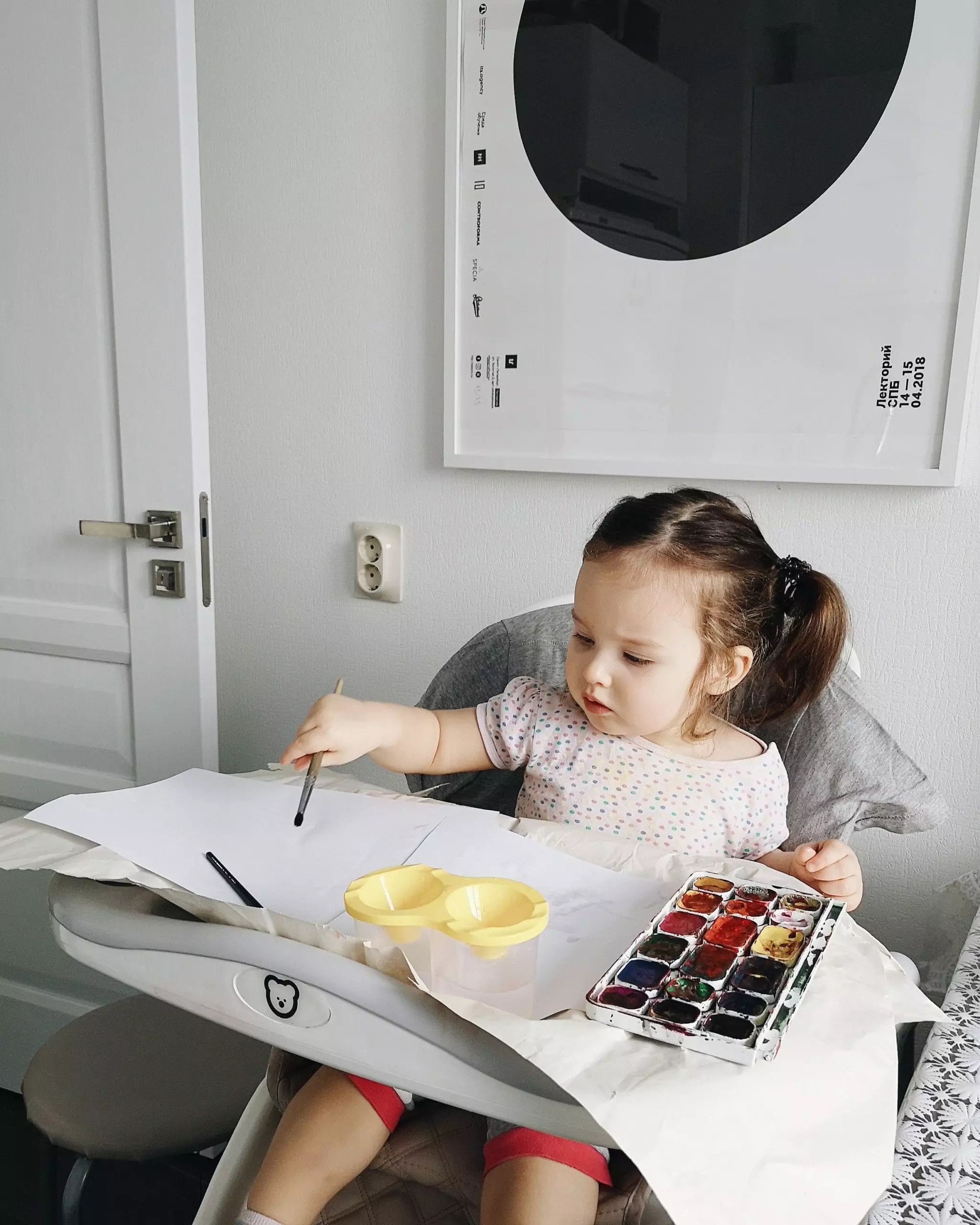The transition into parenthood is often adorned with lofty expectations and idealistic imaginings. For many, it seems that after welcoming a newborn, the toughest hurdles to overcome will be marked by sleepless nights and endless diaper changes. However, the real revelations and personal challenges often lie hidden beneath the surface of those early days. What is far less predictable is the complex emotional terrain one must navigate as their baby becomes a spirited toddler.
When expecting her first child, the author prepared herself for relentless nights devoid of sleep, persistent bouts of forgetfulness, and the eventual loss of personal autonomy. She envisioned months of survival, after which life would become more manageable as her child advanced through developmental milestones. Such anticipations can be seen as societal norms that often oversimplify the intricate reality of parenthood. When the author’s daughter arrived, complications after delivery momentarily blinded her to potential struggles ahead; she felt fortunate and grounded during her early recovery, which dulled the more daunting aspects of new parenthood.
In those preliminary months, the author found herself surprisingly adept at managing the newfound responsibilities, buoyed by the joy of motherhood and a healthy child. Time became her ally: with her daughter napping, she engaged in activities that fed her spirit—reading, blogging, cooking, and maintaining a semblance of her previous life. This phase was painted in strokes of ease and functionality, contrasting sharply with what many mothers experience.
However, as her daughter approached the age of two, shadows formed on the horizon. Her husband’s new job, which entailed longer hours, shifted the familial dynamic significantly. The idyllic days spent on leisurely walks transitioned more troublingly as the allure of motherhood was replaced by tantrums and defiance. This had little to do with developmental stages that every parent expects; instead, it marked the emergence of a little person’s budding personality, vibrant and willful, seeking autonomy in a big world.
As frustrations mounted, it became clear that the author’s prior contentment was under siege. The realization that her daughter was not simply manifesting typical toddler behavior, but rather establishing her individuality, was pivotal. The author’s struggle to maintain a sense of equilibrium in her parenting became increasingly apparent. For the first time, practical discussions about discipline emerged, evoking a deep sense of loss for the “sweet baby” that seemed to be slipping away.
With the added challenges of navigating the turbulent waters of toddler tantrums, the emotional weight of the situation fell largely on the author. In a partnership where her husband was still highly engaged, the everyday responsibilities continued to emerge primarily at her doorstep. She grappled with the burden of discipline—trying to balance her frustrations with words of love.
It’s easy to dismiss the emotional labor encapsulated in parenting as a series of logistical hurdles. Yet, the author reminds us of the silent agony parents endure in suppressing their desires and finding ways to foster joy amidst chaos. The desire for a moment of solitude or even giving in to a craving for something as trivial as a candy bar can feel like a minor rebellion against the overwhelming demands of motherhood—a sentiment that speaks volumes to many parents walking a similar path.
Despite the turbulence, the author finds resilience in her journey. Life’s complexities as a parent can press down heavily, making it easy to lose sight of gratitude in the face of difficulties. However, even during the days filled with frustration, her reflections lead her back to a core sentiment: the appreciation for life, specifically the precious life of her child.
An anecdote illustrates the mother’s evolving understanding of love and patience: after a challenging day, her daughter saw her tears and instinctively responded with a hug, a poignant reminder of the unconditional love children often bestow upon their parents. This moment encapsulates the dual nature of parenting—the challenge against the backdrop of an unyielding bond that translates into affection, a bond that nurtures hope amidst struggle.
The journey through the early years of childhood is anything but straightforward. Imbued with unexpected hardships and emotional challenges, the experience redefines parental joy and requires constant adaptation. The essence of love, coupled with the choice to embrace joy amidst chaos, becomes a guiding principle through the tumultuous yet rewarding landscape of toddler parenting. Embracing these moments, both good and bad, can lead to a more profound understanding of motherhood that transcends the trials and ultimately shapes a resilient heart.

